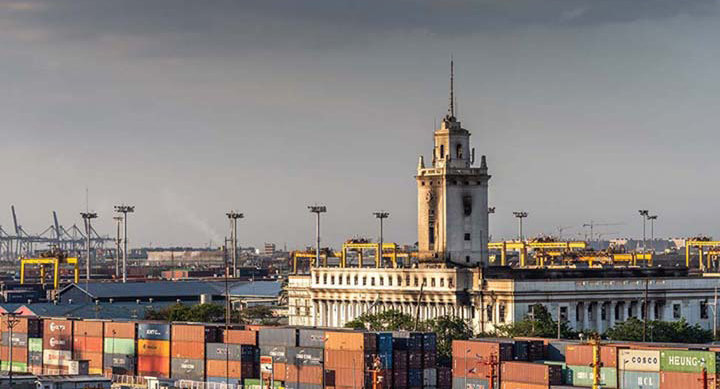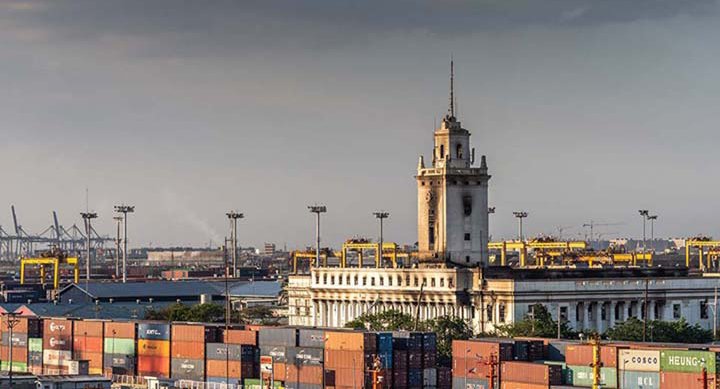
The Bureau of Customs (BOC) reported last Monday its task force against fuel smuggling has progressed with 81,000 liters of smuggled petroleum seized since it was created months ago.
This was what BoC officials told lawmakers during a hearing of the House of Representatives tax committee.
House Ways and Means Chairman Joey Sarte Salceda said he was informed that the BOC’s anti-fuel-smuggling task force has already been launched and has already successfully apprehended suspected smugglers. Last February, Salceda proposed the creation of the task force to curb smuggling amid increasing oil prices.
“During periods of high prices, the incentive to smuggle also increases. That is why I would like the [BoC] and the DOF [Department of Finance] to update me on its fuel enforcement measures,” the lawmaker was quoted in a statement last November 8. “Earlier this year, we agreed that we will create a Task Force Paihi to combat fuel smuggling in our ports. I would like updates on that.”
Compliance
A report by the BoC during the House committee meeting last November 22 that they complied with the lawmaker’s request.
“In compliance, a coordination meeting between the BOC, BIR [Bureau of Internal Revenue], DOE [Department of Energy], PCG [Philippine Coast Guard] and the NBI [National Bureau of Investigation] was conducted on February 23, 2021, where the members agreed to provide its representatives to the task force,” the customs report read.
According to the BOC, a Joint Fuel Integrity and Field Testing (FIFT) Task Force was proposed to be created with representatives from the said agencies.
During the House committee hearing, Customs officials reported to Salceda that the operations of the task force resulted to the seizure of 79,740.80 liters of diesel, 2,016 liters of kerosene and two tank trucks with an estimated value of P11.3 million.
The BOC said members of the task force conducted joint field testing operations against retail stations, storage facilities, tank trucks and vessels found without fuel markers. Follow-up operations were also coordinated with the DOE to verify compliance with regulations, Customs officials said.
Fuel marking
MEANWHILE, Salceda asked the BOC to strengthen its fuel-marking operations.
“I was insistent that we ensure that the mechanisms against fuel smuggling are in the Tax Reform for Acceleration and Inclusion or Train Law [Republic Act 10963]. Fuel marking is the most salient of these measures. I urge the BOC to make sure we optimize this tool,” he added.
BOC representatives reported that marking operations are conducted in 28 of a total 50 terminals. The bulk of marking operations are conducted in 14 terminals and one refinery in Luzon, three terminals in Visayas and ten terminals in Mindanao. Marked fuel in Luzon is subsequently distributed to secondary depots of oil companies in Visayas and Mindanao.
The BOC also reported that in terms of volume of fuel marked per region, 73 percent or 23.74 billion liters of fuel were in Luzon, 21 percent or 6.85 billion liters in Mindanao and 6 percent or 1.76 billion liters in the Visayas.
In terms of the product type, 61.07 percent of the volume marked was diesel with 19.76 billion liters. Gasoline follows with 38.39 percent or 12.42 billion liters and kerosene with 0.53 percent or 173 million liters.
Duties, taxes
THE BOC has earlier announced that after two years since launching the fuel-marking program, the government was able to collect P315.64 billion in duties and taxes.
As of November 11 this year, the BOC said it raked in P285.83 billion while the BIR’s tax haul hit P29.81 billion.
The fuel-marking program was launched with the aim of halting illegal importation, manufacturing and other fraudulent activities relating to the use and sale of petroleum products in the country.
Fuel marking makes use of a unique chemical marker that can be embedded at a molecular level in petroleum products—gasoline, diesel and kerosene—thereby enabling authorities to test, identify and distinguish petroleum products with paid excise taxes.
Image courtesy of (c) Klodien | Dreamstime.com

